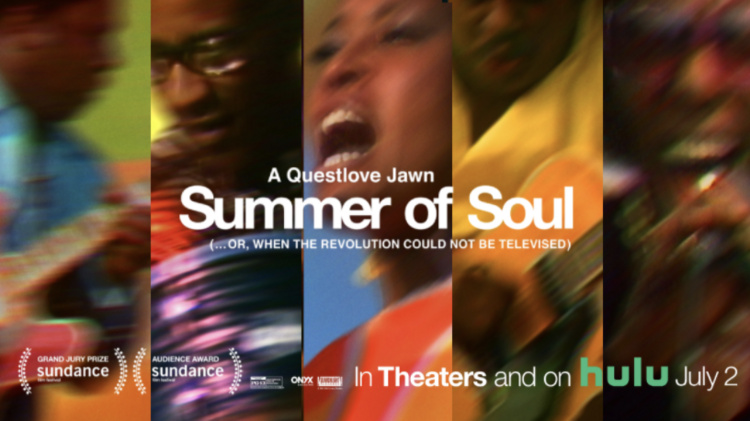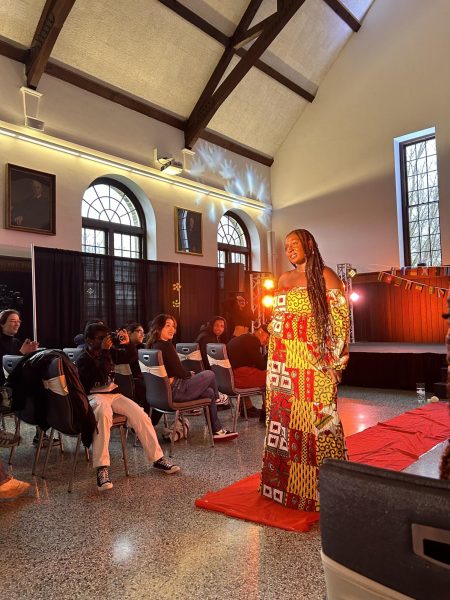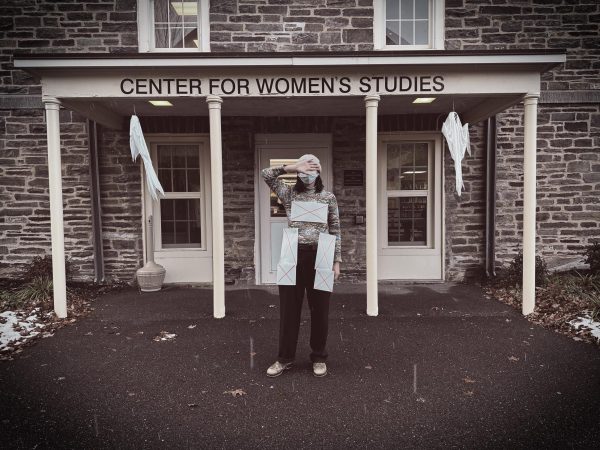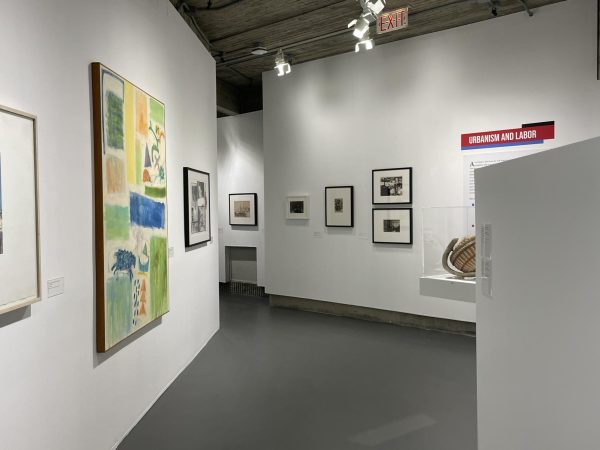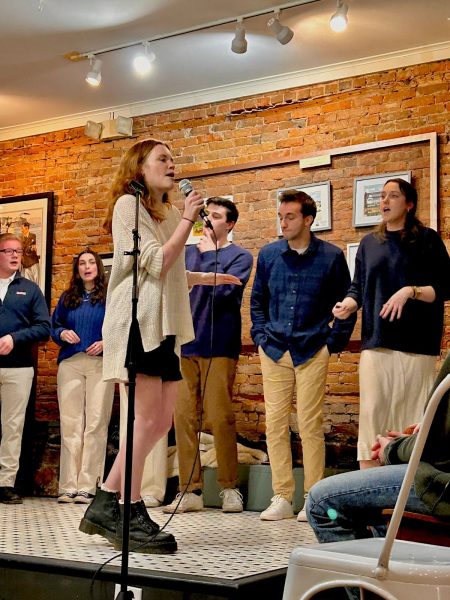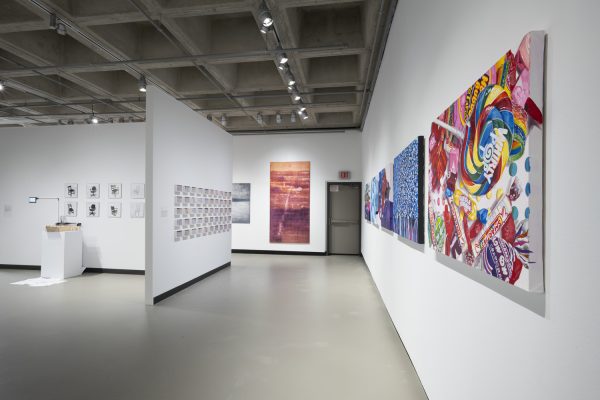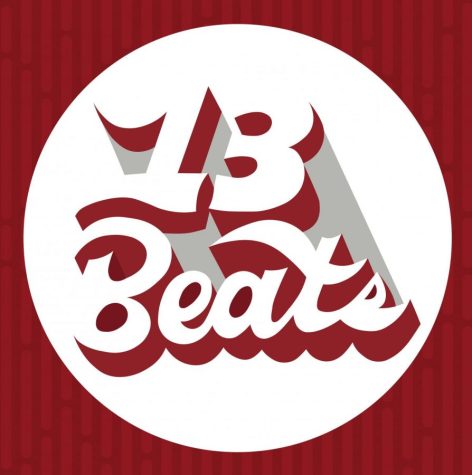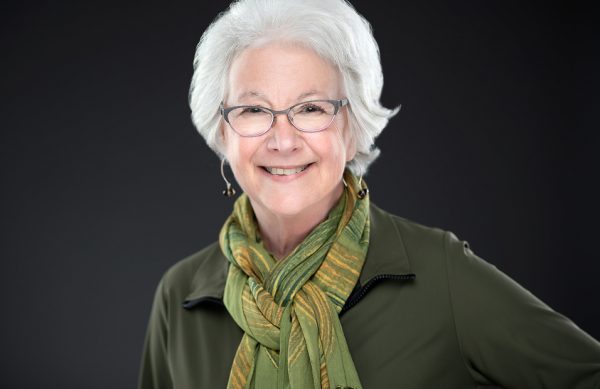‘Summer of Soul’ Screening at Hamilton Theater
On July 20, 1969, man first walked on the moon. The same day, Stevie Wonder headlined the Harlem Cultural Festival in Mount Morris Park (now called Marcus Garvey Park). This little known music festival is the subject of the 2021 documentary “Summer of Soul,” directed by Ahmir “Questlove” Thompson of The Roots.
The music performed at the festival cannot be separated from the Civil Rights Movement and the burgeoning Black Power Movement. By 1969, the Black community had seen many of its leaders and allies in the Civil Rights Movement killed: John F. Kennedy in 1963, Malcolm X in 1965, Martin Luther King Jr. in April of 1968 and then Kennedy’s brother Robert in June of that year. The most important figures standing up for the rights of Black people, whether they were white dynastic politicians, a Black Muslim fighting for equality or a Baptist minister preaching peace and nonviolence, were all assassinated. It seemed as if every avenue towards civil rights created martyrs rather than liberation. It is this atmosphere that provided the setting for the Harlem Cultural Festival.
Many activists turned to radical groups such as the Black Panthers, who worked security for the festival. In many ways, the festival served as a catharsis. Rev. Jesse Jackson introduced the prayer “Precious Lord,” accompanied by Ben Branch and the Operation Breadbasket band, and recalled the moments before King’s assassination. The legendary civil rights leader’s last words were him requesting that very song. The last song featured in the documentary, Nina Simone’s interpretation of the poem “Are You Ready?” by David Nelson, asked the audience if they were ready to use violence to defend themselves and the movement. This is not to say that every performance was highly political, as many were not; rather, that this politically charged atmosphere cannot be separated from the festival.
Georgia Frank, Charles A. Dana professor of religion and chair of the religion department, whose department co-sponsored the event, was drawn to the film because of its intersection of religion and music. Soul music is heavily inspired by Gospel music, and the Civil Rights Movement as a whole was inspired by the Black religious tradition. Frank saw the film on Hulu when it first came out, and wanted to give students the chance to see the film on the big screen, free of cost.
While Woodstock still lives on in the public’s imagination, the Harlem festival which took place at the same time is mostly forgotten. The 40 hours of recorded festival footage was left to collect dust in a basement for 50 years. Given the lack of public knowledge of the event, the Harlem Cultural Festival took on an almost mythical quality, as if it was all a sort of collective fantasy.
One interviewee in the documentary, who attended the festival as a child, said that finally getting a chance to see the footage was proof that he wasn’t actually crazy, that this festival did actually happen. A scene with Marilyn McCoo and Billy Davis Jr. of musical group The 5th Dimension finally getting a chance to watch footage of their performance after over 50 years was especially emotional. It is remarkable that a festival of such cultural value and musical talent — Stevie Wonder, Nina Simone and The Staples Sisters to name a few — was simply ignored.
Frank noted, “That this film footage lingered in someone’s basement for half a century makes me wonder what else awaits overdue recognition.”
The screening of the film was organized by the Hamilton Area Anti-Racism Coalition (HAARC). John Bailey of the HAARC said that when he first saw the movie, he wanted everyone to see it, and reached out to the Hamilton Theater to arrange the screening. However, the coalition’s goal in screening the film was not only to bring good music to the people of Hamilton. A portion of the proceeds from the event is going to benefit a local Black owned farm, Backland Gardens.
Inspired by their group discussions and the podcast “1619,” HAARC decided to support a Black owned land project. While this event was the first time the coalition has donated to Backland, member Xena Becker hopes that it is the start of a meaningful relationship.
“Hopefully we’ll have more contact with them and see what develops in the future,” Becker said.
“Summer of Soul” is available to stream on Hulu and an accompanying original soundtrack with live performances is available on streaming services.


